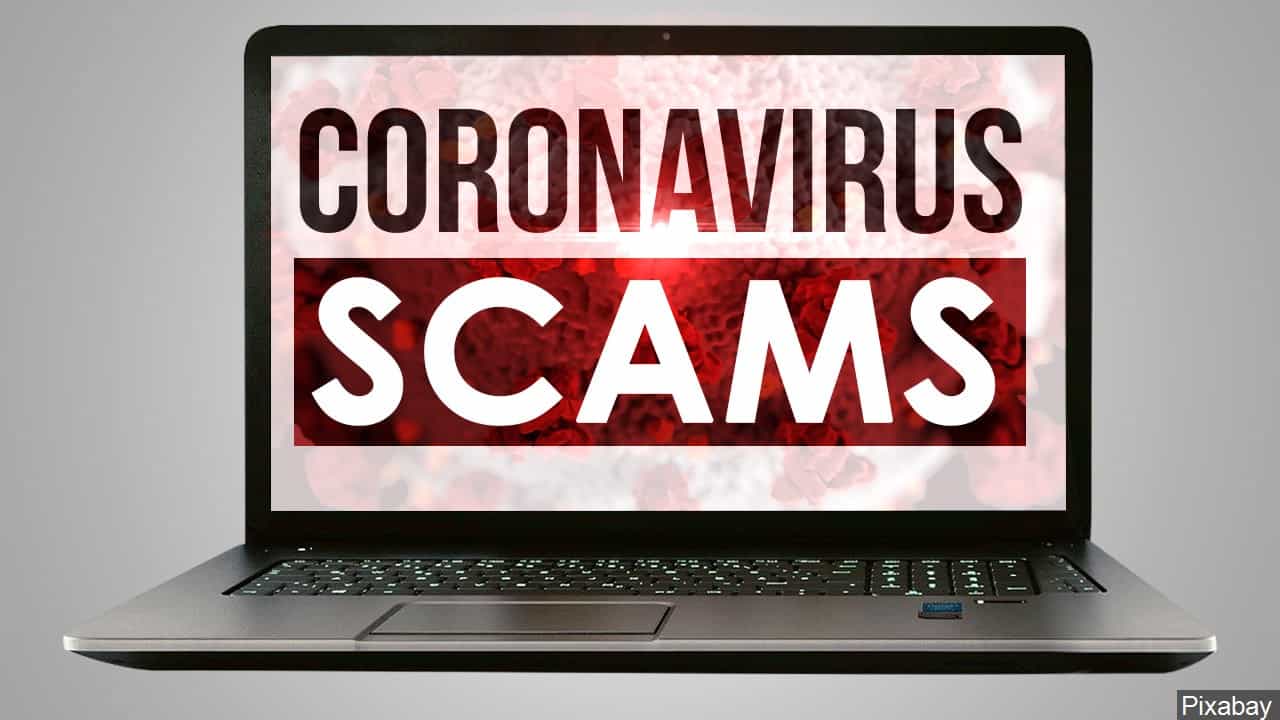

*MGN Image


Following the recent outbreak of the new Coronavirus across the world, there has been a proliferation of deceptive marketing techniques on online platforms to exploit consumers’ fears in order to sell products, such as protective masks, detergents or other substances, by falsely claiming that they can prevent or cure an infection with COVID-19.
To tackle the issue of online scams surrounding the coronavirus outbreak, the European Commission and consumer protection authorities in the member states have launched a number of joint measures. On 20 March, these authorities issued a common position on the most reported scams and unfair practices to help online platforms better identify such illegal practices, take them down and prevent the reappearance of similar ones.
As more people are staying at home due to self-isolation and social distancing, online shopping is on the rise. While we try to protect ourselves and our families from the virus, some traders are taking advantage of that anxiety to sell fake cures or products that allegedly prevent infection at very high prices.
False claims can be about anything from masks and caps to drugs and hand sanitiser – erroneously labelled as the only cure for coronavirus or the only protection against the coronavirus – and sold at many times their actual worth. Traders also use other tricks, such as falsely claiming that the products are scarce to push consumers into buying.
What to look out for
There are some giveaways that you can look out for. If you see any of the claims listed below, be on your guard:
If you come across unsupported or misleading claims on an online platform, use the platform operators’ reporting tool to inform them of that fact. Be aware that sometimes they can be innocently shared by a friend or family member who has been fooled and thinks they are helping you.
*Source: European Parliament
Riyadh – April 2, 2025—Saudi Arabia’s national airline, Saudia, announced in a press release that…
LP 8.1 was first detected in July 2024 and is now the third most prevalent…
Apple Watch cellular plans have launched in Greece, with Cosmote offering eSIM activation for the…
The Archbishop of Cyprus, Georgios, lambasted Cypriot MEP Feidias Panayiotou, accusing him of acting as…
Peter Mamouzelos, South Sydney Rabbitohs hooker, shares his dream of playing rugby league in Greece,…
Cyprus remains divided since Turkey’s 1974 invasion, and while recent UN-hosted talks between Greek and…